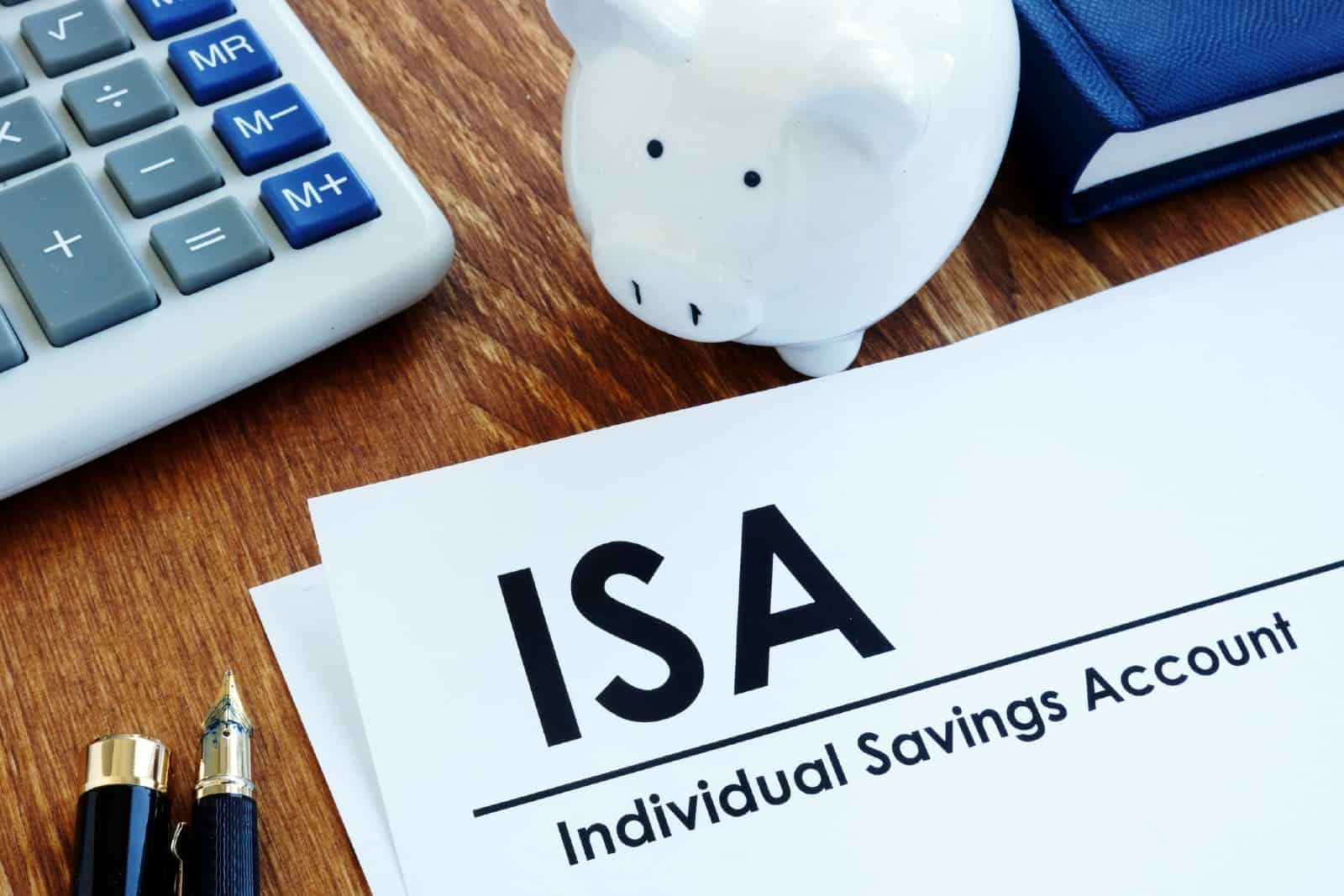Here’s the average return from a Stocks and Shares ISA over the last 5 years


According to Moneyfacts.co.uk, the average Stocks and Shares ISA has returned 6.19% a year since 2019-20. In any single year though, the average return’s rarely been close to this number.
Aside from the 2021-22 financial year, results have generally been much higher or much lower. And that tells investors a lot about how to invest in the stock market.
Stock market returns
A 6.19% annual return isn’t bad by any means. That’s especially the case during a period when interest rates have been unusually low, causing cash returns to be weak.
On closer inspection however, it’s actually worse than the broader stock market. The iShares FTSE 100 UCITS Accumulating ETF has returned an average of 7.3% over the same timeframe.
In other words, the average Stocks and Shares ISA has underperformed the FTSE 100 by some margin since 2020. And it’s not just retail investors – the professionals struggle as well.
This sounds like a reason to invest in ETFs instead of buying individual stocks. But I think investors should instead try to focus on what index funds do well and try to replicate that.
Buying and selling shares
In my view, the data about returns shows that individual investors should think about why index funds do well. And one of the biggest reasons is that they don’t decide when to buy and sell shares.
That might not sound like an advantage, but it is. According to Warren Buffett, being able to buy and sell shares causes investors to trade far too often, which harms their overall returns.
By contrast, passive ETFs make small adjustments at specified points in time. Their goal is to match the overall returns from the relevant index, not to beat them.
I think the way for investors as a whole to improve their returns isn’t by switching from individual stocks to index funds. It’s by buying stocks and avoiding the temptation to sell them.
A FTSE 100 winner
One of the best examples of this is Rolls-Royce (LSE:RR). It’s not a stock I’m looking to buy right now, but shares in the FTSE 100 engine company have had a terrific last five years.
The incredible run began with the end of Covid-19. But sales reached pre-pandemic levels in 2023 and investors who sold at that point thinking the recovery was over made a big mistake.
In the last two years, the stock’s more than doubled. This has been sustained by demand for engine servicing, increased defence spending, and a UK contract for small modular reactors.
There are still risks – most notably, the prospect of a recession causing a decline in air travel. But there’s also a clear lesson for investors to take from the stock’s recent performance.
Passive success
One of the big reasons ETFs tracking the FTSE 100 have done so well over the last five years is that they haven’t sold shares in Rolls-Royce. Anyone who did, probably did so too early.
The company continues to have a strong competitive position and an outstanding management team. And this is why the share price has done so well.
I suspect selling quality stocks too early is a big part of why the average Stocks and Shares ISA has underperformed the FTSE 100 over the last five years. And that’s something I’m looking to avoid.
The post Here’s the average return from a Stocks and Shares ISA over the last 5 years appeared first on The Motley Fool UK.
More reading
- The Rolls-Royce share price has soared 66% already this year! Can it really keep going?
- £10,000 invested in Rolls-Royce shares during the Truss premiership is now worth…
- Is the Rolls-Royce share price getting silly now?
- Rolls-Royce shares have reached £10. Too late to buy?
- Here are analysts’ share price forecasts for Rolls-Royce, IAG, and BAE Systems shares
Stephen Wright has no position in any of the shares mentioned. The Motley Fool UK has recommended Rolls-Royce Plc. Views expressed on the companies mentioned in this article are those of the writer and therefore may differ from the official recommendations we make in our subscription services such as Share Advisor, Hidden Winners and Pro. Here at The Motley Fool we believe that considering a diverse range of insights makes us better investors.





